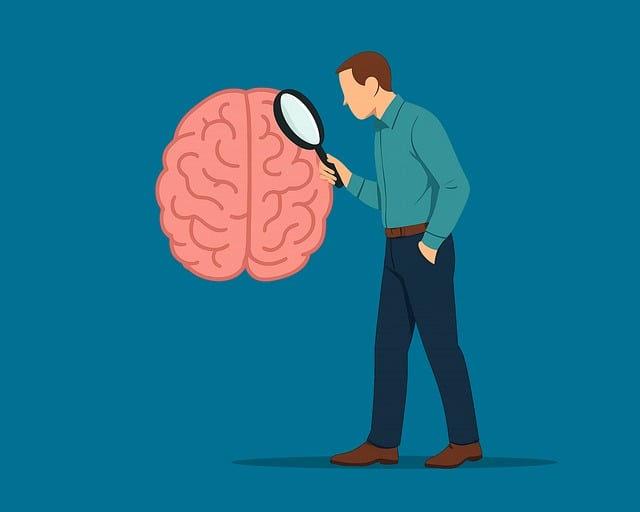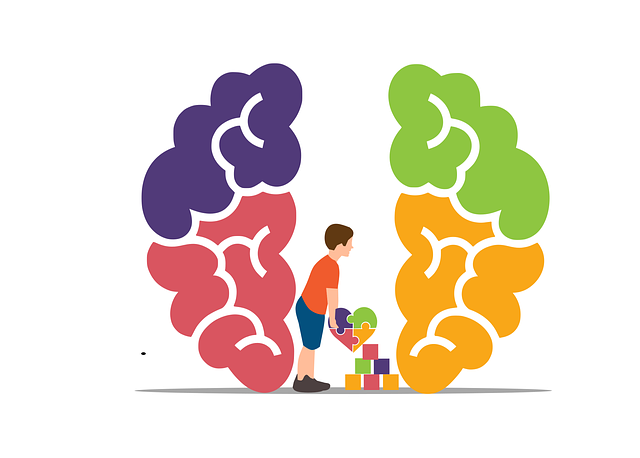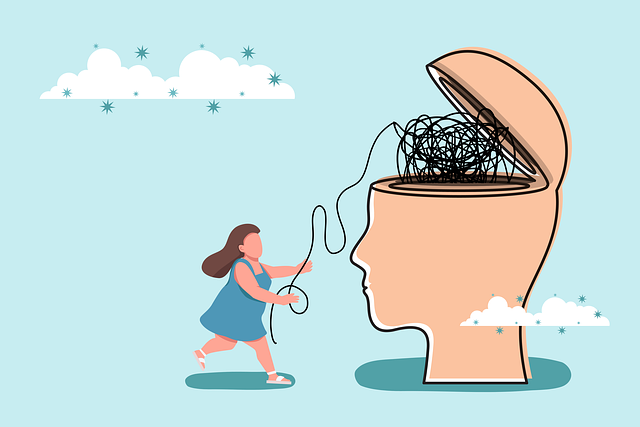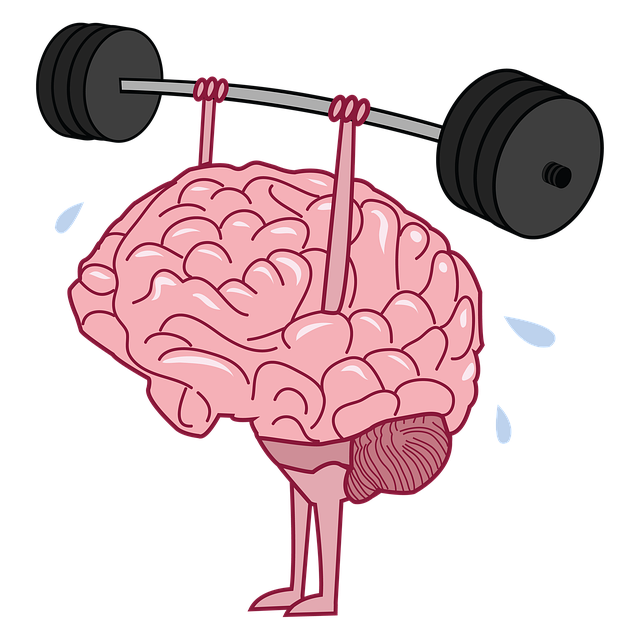Lafayette German Speaking Therapy leverages a combined quantitative and qualitative approach to evaluate their mental wellness programs. Quantitative methods, such as surveys and statistical analyses, provide measurable data on participation rates, symptom reductions, and overall mental health improvements. Qualitative evaluations through interviews, focus groups, and client journals offer detailed insights into individual transformation journeys, challenges faced, and program value perceived. This dual strategy allows for the refinement of crisis intervention guidance and empathy-building strategies, enhancing holistic support. Client feedback and satisfaction surveys guide program development, including the creation of a Mental Wellness Podcast Series. Success is measured through goal achievement, improved mental health outcomes, tailored care, and community outreach participation rates.
Evaluating mental wellness programs is essential for understanding their impact and effectiveness. This article explores assessment methods, focusing on the unique challenges and benefits of evaluating Lafayette German Speaking Therapy programs. We delve into both quantitative and qualitative techniques to assess the program’s success in improving client mental health. By examining client feedback and satisfaction surveys, we uncover insights into therapy outcomes. Additionally, we discuss tracking progress to ensure these programs meet their goals, providing a comprehensive evaluation framework for optimizing Lafayette German Speaking Therapy.
- Assessing the Impact: Quantitative and Qualitative Evaluation Techniques
- Client Feedback and Satisfaction Surveys: Unlocking Insights into Therapy Effectiveness
- Measuring Success: Tracking Progress and Outcomes in Lafayette German Speaking Therapy Programs
Assessing the Impact: Quantitative and Qualitative Evaluation Techniques

Evaluating the impact of mental wellness programs is a multifaceted process that leverages both quantitative and qualitative techniques. Quantitative methods, such as surveys and statistical analyses, provide hard data on participation rates, improvements in symptoms, and changes in overall mental health outcomes. This data offers tangible evidence of program effectiveness and can be crucial for securing funding and shaping Mental Health Policy Analysis and Advocacy. For instance, a Lafayette German Speaking Therapy initiative might track reductions in anxiety or depression levels among participants through standardized questionnaires.
Qualitative evaluations, on the other hand, delve deeper into individual experiences and perceptions. Techniques like interviews, focus groups, and participant journals capture nuanced insights, including stories of transformation, challenges faced, and the overall perceived value of the program. These methods are instrumental in understanding the human element behind the statistics, allowing for the identification of successful programs’ core components and areas needing improvement. By combining both approaches, organizations like Lafayette German Speaking Therapy can refine their Crisis Intervention Guidance and Empathy Building Strategies, ultimately enhancing the holistic support they offer.
Client Feedback and Satisfaction Surveys: Unlocking Insights into Therapy Effectiveness

Client Feedback and Satisfaction Surveys play a pivotal role in evaluating the effectiveness of mental wellness programs, particularly within the context of Lafayette German-speaking therapy. These surveys provide a direct window into client experiences, gauging their perception of treatment quality, therapist communication, and overall therapeutic outcomes. By collecting quantitative and qualitative data, therapists can identify areas of success and pinpoint aspects that require improvement in their practice.
For instance, feedback from clients can reveal the impact of incorporating specific cultural elements tailored to meet the unique needs of Lafayette’s diverse community. It also allows healthcare providers to enhance their cultural competency training, ensuring sensitive and effective treatment delivery. Moreover, analyzing client satisfaction surveys can inform the development of innovative Mental Wellness Podcast Series Production, where real-life experiences are shared, raising awareness and fostering a supportive environment for mental health advocacy—a crucial aspect of Mental Health Policy Analysis and Advocacy.
Measuring Success: Tracking Progress and Outcomes in Lafayette German Speaking Therapy Programs

Measuring Success in Lafayette German Speaking Therapy programs is a multifaceted process that goes beyond mere participation. It involves tracking both progress and outcomes to ensure the effectiveness of interventions aimed at fostering inner strength development. By setting clear, measurable goals aligned with individual client needs, therapists can assess whether the program is successfully addressing mental health concerns. Regularly reviewing treatment plans and adjusting them based on these metrics ensures that each client receives tailored care.
Outcomes assessment should encompass various dimensions, including but not limited to improvements in symptoms of anxiety or depression, enhanced coping strategies, better communication skills, and increased resilience. Additionally, evaluating client satisfaction through feedback mechanisms provides valuable insights into the overall success of the program. Integrating crisis intervention guidance within these assessments is crucial for identifying immediate support needs and adjusting therapy approaches accordingly. Public awareness campaigns development can also be measured by tracking participation rates in community outreach initiatives, demonstrating the program’s impact on promoting mental wellness within the Lafayette German-speaking community.
Evaluating mental wellness programs, such as the Lafayette German Speaking Therapy initiatives, requires a multifaceted approach. By combining quantitative data analysis with qualitative insights from client feedback, we can comprehensively assess the impact and effectiveness of these therapies. This dual method allows for a nuanced understanding of progress and outcomes, ensuring that programs like Lafayette German Speaking Therapy continue to provide essential support and adapt to meet the evolving needs of individuals seeking mental wellness.














